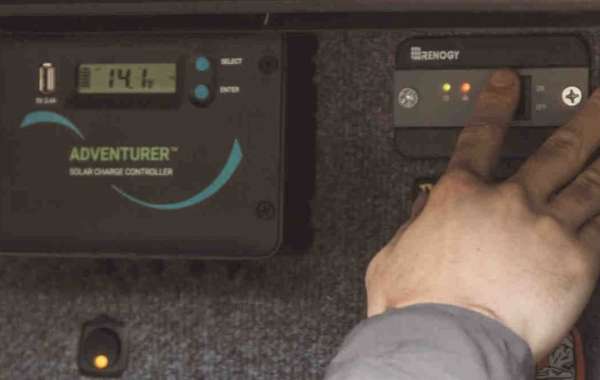Several factors contribute to the performance of your battery for solar panel. Before choosing your battery system, consider the following:
Type or Material
Among the types of batteries to choose from, each type offers a different major advantage. Weighing these pros and cons can help you decide which style is right for you. If you’re looking for something compact and longer-lasting, lithium-ion may be right for you. Lead-acid might be better for those conscious of more immediate budget constraints.
Battery Life
The “lifespan” of any battery is multifaceted; the age, type, quality and depth of discharge of the battery all contribute to its longevity. Referring to the manufacturer’s specifications for a battery can help you determine how long it’s likely to last.
In general, lead-acid batteries can last anywhere from one to 10 years depending on how they’re used. Lithium-ion batteries typically last seven to 15 years.
Depth of Discharge
Depth of discharge refers to how much of a battery’s stored energy is used before the battery is recharged. Typically, the deeper the battery is discharged, the shorter its lifespan will be.
Batteries often come with both a cycle life estimate (indicating how many cycles it will last given a particular depth of discharge) and a recommended maximum depth of discharge.
Both lead-acid batteries and lithium-ion batteries will decay more quickly when deeply discharged, but lead-acid batteries tend to offer a lower tolerance for deep discharges than lithium-ion batteries, significantly reducing life expectancy if deeply discharged on a regular basis.
Efficiency
Solar systems and batteries are not 100% efficient when transferring and storing the collected solar energy from panels to batteries, as some amount of energy is lost in the process. Depending on the amount of energy you’re able to generate from your panels and how your system is configured, it may be worth investing in a more expensive, more efficient battery. This can help save money long-term. Your solar panel efficiency and battery capacities will be calculated and your system explained to you by any competent sales and installation team, but our solar resources can help you understand exactly how your system works, too.
Solar Battery Costs
The cost of a solar battery or battery system will depend on the type and size of the battery chosen. Generally, lead-acid batteries will incur a lower up-front cost to the consumer than lithium-ion batteries, but depending on how the batteries are used, investing in a lithium-ion battery could save money long-term.
A single lead-acid battery can cost between $200 and $800 or even more depending on the size/power of the battery. Multiple lead-acid batteries may be needed to keep a household powered completely. The average cost of a residential lithium-ion solar battery system with installation falls in the $7,000 to $14,000 range.
The prices of nickel-cadmium and flow batteries vary widely and depend on the size and scale of the installation. These batteries are not commonly used in residential dwellings and are better suited to commercial/industrial settings due to cost, durability, size, stability in extreme temperatures and requirements for disposal upon replacement.








